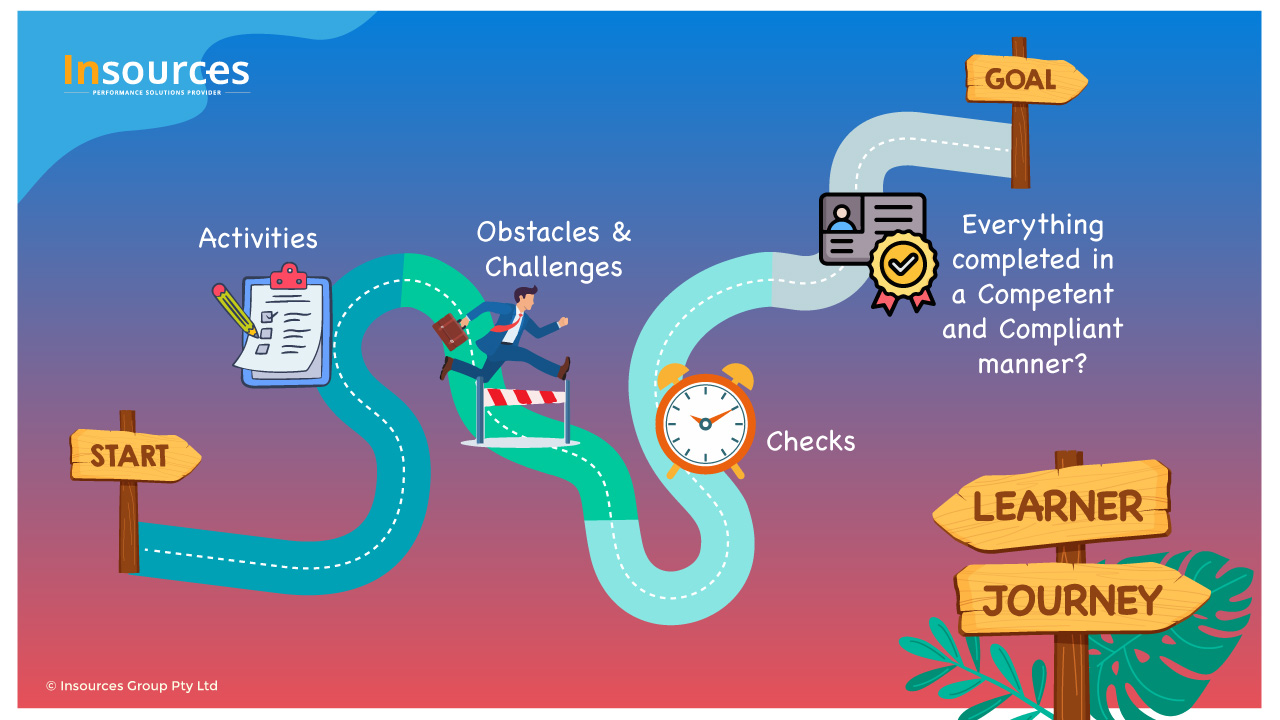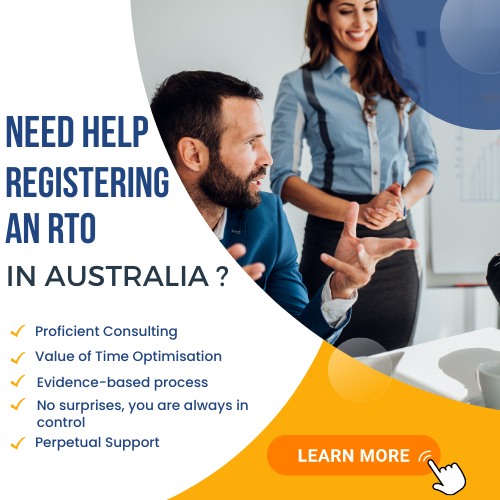The Australian Skills Quality Authority (ASQA) has published a guide aimed at helping RTOs work effectively with consultants. Whether the RTO is recently registered and its management new to the sector, or the RTO has been in operations for years, the use of independent consultants can help to elevate their quality and compliance mechanisms.
The Relevance of Consultants
For new RTOs. For those who are stepping into the RTO sector, consultants act as navigators through the intricate web of application processes. They help in establishing systems and processes that not only support compliance obligations but also uphold a commitment to quality.
For the Seasoned. For established providers, consultants are the discerning eyes identifying opportunities for improvement, growth, sustained compliance, and enhancement of quality. They are particularly beneficial if an organisation finds itself lacking in compliance expertise, providing insights that can help in circumventing non-compliance, quality issues, and inadequate practices.
The Benefits of External Advice
Comprehensive Insight. Having an external perspective review your systems and processes can be a lifesaver, conserving time, resources, and finances in the longer run. Whether it’s expanding to new student demographics, refining industrial focus, or adopting innovative training models, a consultant with the right experience and expertise can significantly minimise risks and smooth out transitions.
Achieving Success and Growth. The appropriate incorporation of external advice can lead RTOs on a journey of continuous improvement and growth while ensuring adherence to compliance, thus fostering a culture of quality and excellence within the organisation.
Compliance and Responsibility. While the value of consultants is undeniable, it’s pivotal to remember that the responsibility for compliance always rests with the RTO. Consultants in the VET and ESOS sectors are unregulated, and due diligence is crucial before acting on their advice.
The Risk of Poor Advice. Over-reliance on poor advice can lead to detrimental student outcomes and practices that are non-compliant. An illustrative example of this risk is the excessive dependence on templated documents without adapting them to the unique needs and contexts of the RTO.
Our Conclusion on ASQA’s Guide:
ASQA’s guide on working with consultants is a valuable resource, offering extensive insights and advice on managing relationships with consultants in the training sector. Whether you are a newcomer or an existing provider in the VET and ESOS sectors, engaging a consultant can be a strategic move to elevate your quality and compliance. However, remember that the pursuit of quality is a shared journey, and while consultants can provide the roadmap, the responsibility to walk the path effectively rests with the RTO. Therefore, choose wisely, act responsibly, and ensure that the advice you receive aligns with your organisational goals and compliance obligations.
Working with consultants can provide advice, strategies and solutions to RTOs’ specific challenges or needs. RTOs may look for external consultants with expertise in learning management, instructional design, learning technology, or quality and compliance. In any case adopting a structured approach can significantly enhance the effectiveness and value derived from external consultants.
Balancing flexibility with structure, and maintaining clear and open communication, is key to a successful consulting engagement.
Insources Group suggest RTOs to use the following framework when engaging consultants:
- Define the objectives and scope. Clearly outline the goals, deliverables, and scope of the consulting engagement to ensure alignment between the RTO and the consultant. (i.e., determine the specific compliance and quality needs, gaps, or risks that need addressing). Setting and documenting these objectives and goals will help you identifying the right consultant.
- Select the right consultant. Given the potential reputational and legal implications of the consulting work/relationship, an extra layer of due diligence is crucial when selecting consultants to ensure they possess up-to-date knowledge and a proven track record. Assess the consultant’s expertise, experience, and reputation within the VET sector.
- Develop Action Plans. Work with the consultant to develop detailed action plans, including timelines, responsibilities, and deliverables. Establish clear and measurable goals for the engagement.
- Specific and not templated solutions. The advice provided by the consultant should be highly customised to align with the RTO’s specific needs, operations, and regulatory environment, avoiding generic or templated solutions.
- Maintain open communication. Regularly communicate progress, challenges, and changes to ensure transparency and alignment throughout the consulting engagement.
- Review and implement solutions. Evaluate the advice and solutions provided by the consultant and determine their applicability and effectiveness. Implement suitable recommendations, monitor outcomes, and make necessary adjustments.
- Recordkeeping. Proper documentation and recordkeeping are essential for demonstrating compliance, and a consultant should help establish effective systems for these.
- Evaluate outcomes. Assess the results and impact of the consulting engagement against the defined objectives and deliverables. Provide feedback and learn from the experience to inform future engagements with consultants.
References:
- “Working with Consultants” guide, ASQA, September 2023, https://www.asqa.gov.au/sites/default/files/2023-09/Guide%20to%20Working%20with%20Consultants.pdf
- RTO Consulting Services, Insources Group, https://insources.com.au/rto-consulting-services/




